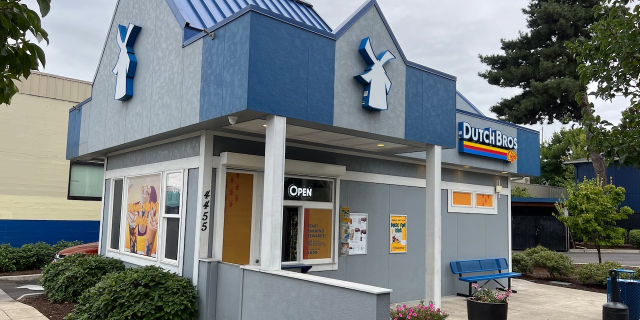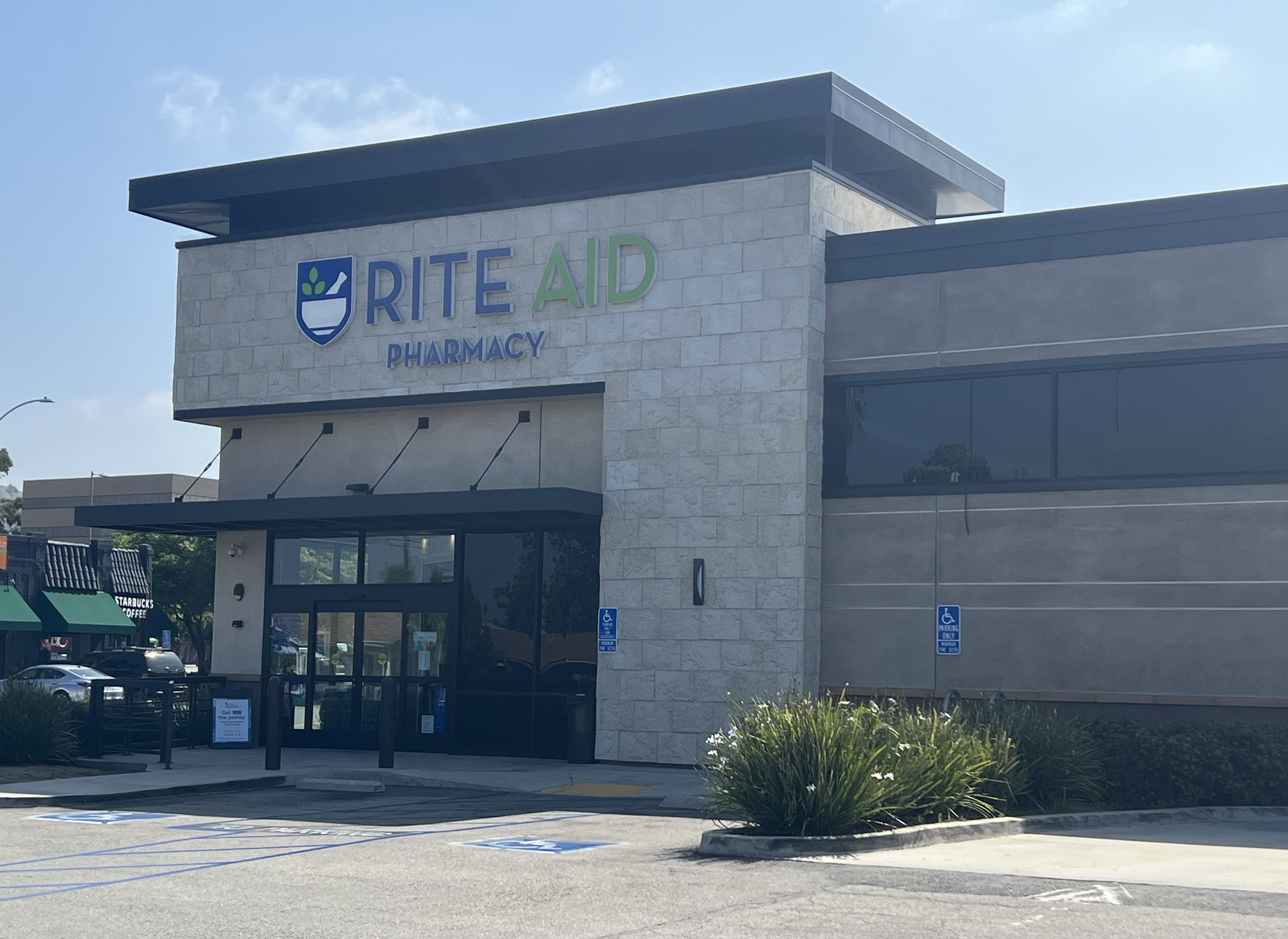RVTD needs financial lifeline, faces possible 25% reduction in routes, job cuts
Published 2:45 pm Saturday, April 19, 2025

- Rogue Valley Transportation District buses arrive and depart from the Front Street station in downtown Medford. (Rogue Valley Times file photo)
Without help from lawmakers in Salem, transportation district could face a $10.2 million budget deficit next year; Saturday service could be eliminated and ridership could drop by 50%
A looming fiscal cliff could force Rogue Valley Transportation District to cut routes and endure an almost 50% drop in ridership in 2026.
The local bus service, which serves most cities in Jackson County, has already instituted a strict fare enforcement policy, which wasn’t in place during the pandemic because it helped assist the homeless and unemployed.
RVTD relied on extra federal and state funding during the pandemic years to help shore up its budget.
“We’ve been able to push back from this cliff for years,” said Julie Brown, general manager of RVTD.
For fiscal year 2026-27, the projected budget for RVTD is $33 million.
If lawmakers in Salem don’t approve any additional financial support this session, however, RVTD would have a budget deficit of $10.2 million.
The deficit would result in cutting 25% of routes, no Saturday service, scaling back weekday evening hours and ridership would decline from 1.2 million a year to 650,000. RVTD would have a loss of 86 positions.
Ridership dropped during the pandemic, but RVTD officials said it has almost returned to pre-COVID-19 levels.
RVTD, like other transit districts in the state, is hoping the Legislature will approve an increase in the payroll tax rate, which is currently $1 for every $1,000. To maintain existing services, RVTD would need the Oregon Statewide Transportation Improvement Fund to be increased to $4 for every $1,000.
Another issue RVTD faces is having more flexibility with how Statewide Transportation Improvement Fund dollars are spent by transit districts.
“We can only use it for new operations, not existing operations,” Brown said.
She said the issues raised are being heard by legislators in this session, but she said they also have a lot of other budget pressures.
RVTD is not the only transit district facing a potential budget crisis.
Brown said TriMet, which serves the Portland area, is looking at a potential $1 billion deficit over an 8-year period.
The STIF dollars, enacted in 2017, helped fuel enhanced bus service in local communities by adding routes and other services.
With the money, RVTD added seven new routes, such as the express line from Medford to Ashland as well as to Eagle Point.
One bright spot is that a three-year grant will ensure that Route 17, which runs inside Ashland, will continue to operate.
Brown said she has been talking to legislators about the issue and has encouraged others who care about local bus service, which provides transportation for low-income workers, to speak up.
“If this matters to you, your voice needs to be heard,” she said.
RVTD managed to avoid budget problems up to this point by drawing down money from the CARES Act, or Coronavirus Aid, Relief, and Economic Security Act, which was a $2.2 trillion economic stimulus bill passed by Congress in response to the pandemic. This allowed RVTD to set aside some operations dollars for the future.
“You could float yourself for a while on that,” Brown said.
Another issue for RVTD is that costs have continued to increase. Healthcare costs and benefits for RVTD employees have doubled since 2017, rising to more than $5 million. A bus engine rebuild has jumped from $28,500 in 2019 to $46,027 in 2025. A new 35-foot natural gas bus costs $738,443 in 2024 compared to $451,292 in 2015.
Strict fare enforcement at RVTD now requires those who can’t pay to ride on the bus to sign up for subsidy programs. The basic fare to ride an RVTD bus is $2.
Many riders qualify for reduced fares, such as seniors, youths, veterans, those with disabilities or Valley Lift clients.
Some employers and organizations offer bus pass programs.
Brown said fare enforcers will ensure that riders pay the fare or seek assistance from one of these programs.
“We have field supervisors riding on the bus, managers riding on the bus,” she said.
Reach freelance writer Damian Mann at dmannnews@gmail.com






